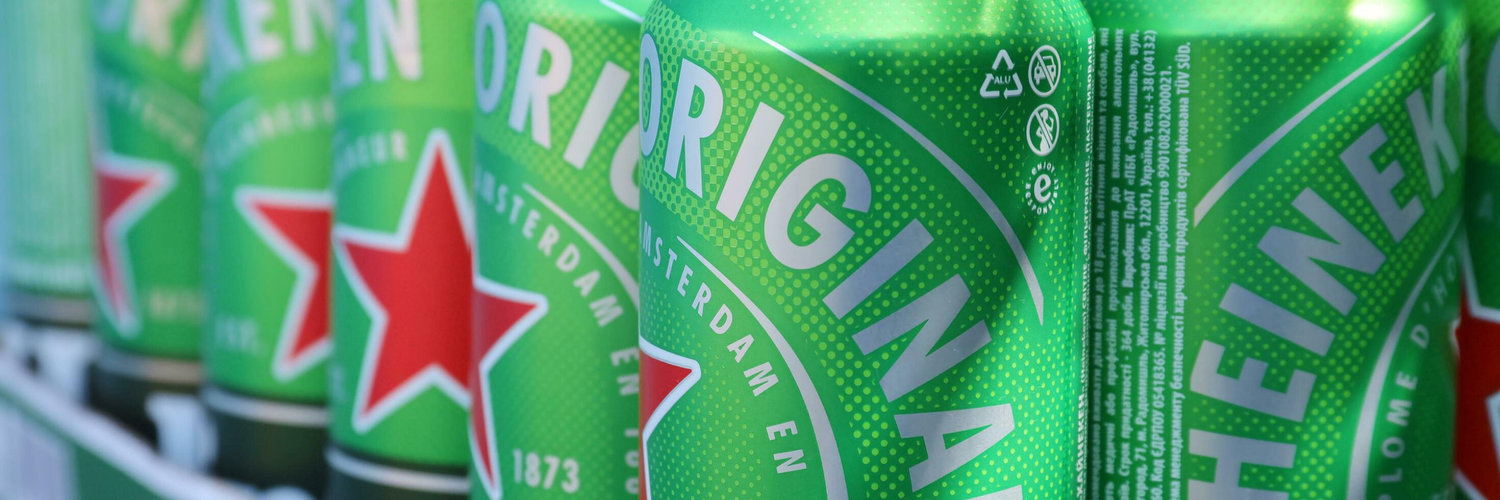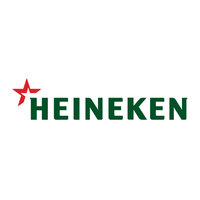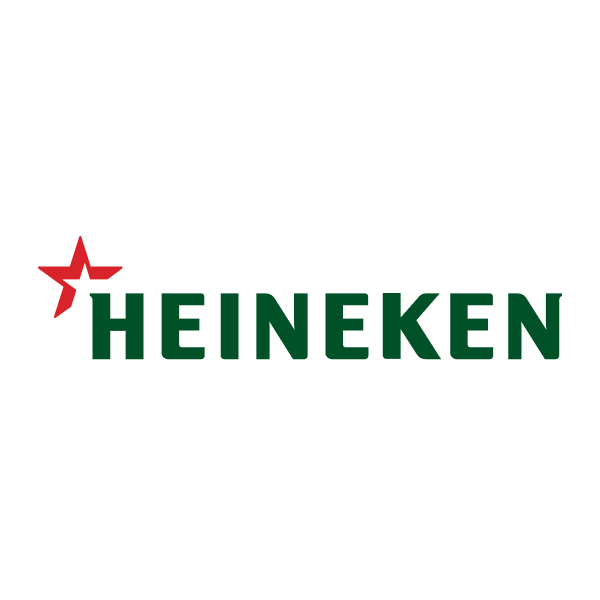

Heineken Holding NV
AEX:HEIO

Intrinsic Value
The intrinsic value of one
 HEIO
stock under the Base Case scenario is
141.97
EUR.
Compared to the current market price of 71.55 EUR,
Heineken Holding NV
is
Undervalued by 50%.
HEIO
stock under the Base Case scenario is
141.97
EUR.
Compared to the current market price of 71.55 EUR,
Heineken Holding NV
is
Undervalued by 50%.

Let our AI compare Alpha Spread’s intrinsic value with external valuations from Simply Wall St, GuruFocus, ValueInvesting.io, Seeking Alpha, and others.
Let our AI break down the key assumptions behind the intrinsic value calculation for Heineken Holding NV.
The intrinsic value of one
 HEIO
stock under the Base Case scenario is
141.97
EUR.
HEIO
stock under the Base Case scenario is
141.97
EUR.
Compared to the current market price of 71.55 EUR,
 Heineken Holding NV
is
Undervalued by 50%.
Heineken Holding NV
is
Undervalued by 50%.

